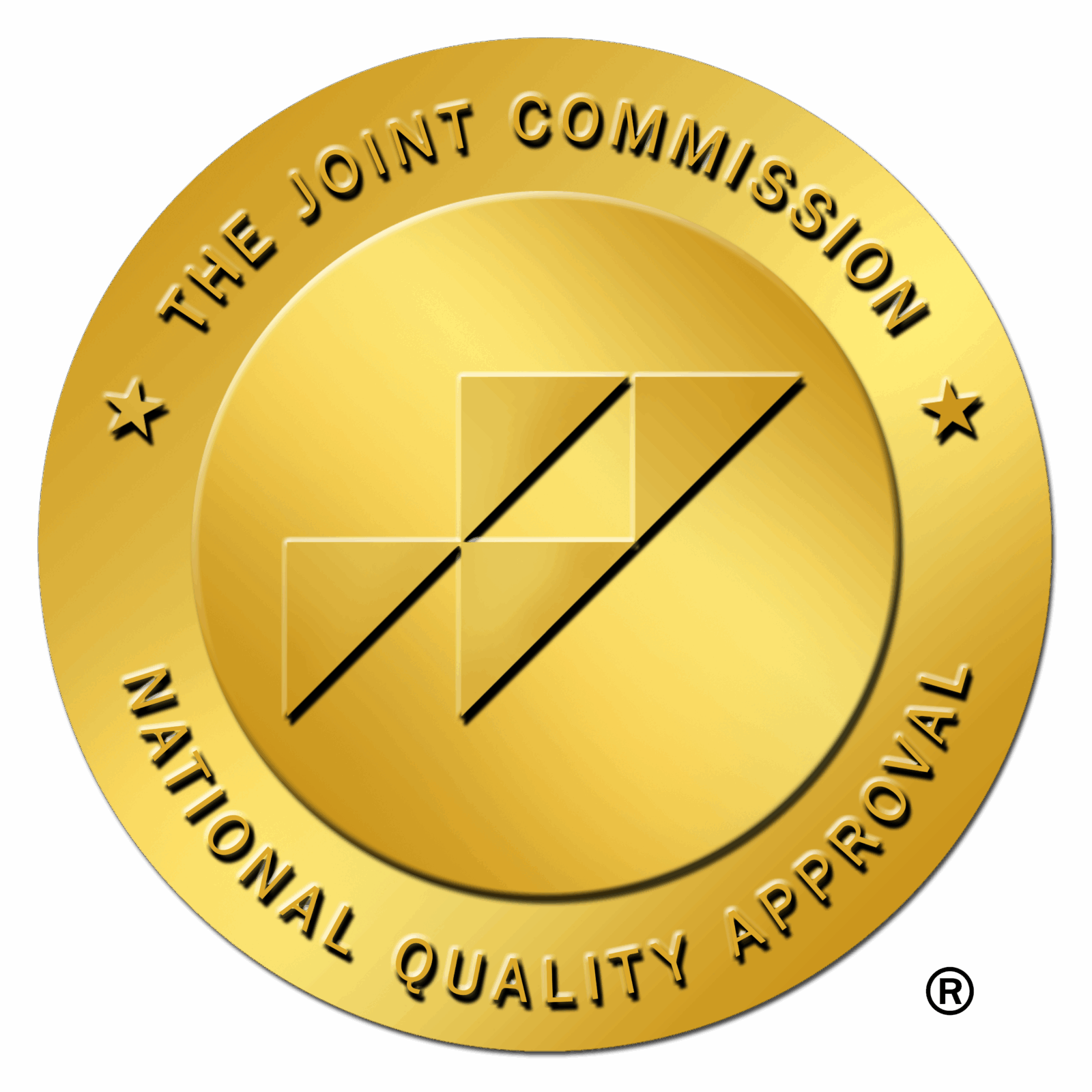By: Jackie Davis, Dental Hygienist
Oral health is important, just ask any dental hygienist. Learning the proper techniques and recommendations of oral care can help leave your mouth and teeth clean and healthy. However, one question that has always been asked is:
Are electric toothbrushes better than manual?
If used properly, the American Dental Association (ADA) suggests that both manual and electric are proven effective at improving and maintaining good oral hygiene. Studies completed with electric toothbrushes often find that plaque and bacteria removal is increased. However, it has also been shown that a manual toothbrush, if used correctly, can be almost as effective.
Electric and manual toothbrushes have their own sets of advantages and disadvantages, learning them is one way to help you discover which is the best option for you.
Price:
The electric toothbrush can often range in prices from $15-$200 or more, whereas the manual toothbrush ranges from $2-$7. It is recommended to replace your toothbrush or toothbrush heads every three to four months. Adding the costs of additional heads for your electric toothbrush could increase overall costs. Additionally, electric toothbrushes will need replacing due to battery life.
While the manual toothbrush is more affordable, the additional prices for the electric toothbrush is often worth the benefits.
Proper technique:
It is recommended by the ADA and dental professionals to brush your teeth for a minimum of two minutes, which equals to 30 seconds per section. Electric toothbrushes commonly have built in timers that informs you when brushing is complete.
When choosing your toothbrush, either manual or electric, dental professionals recommend the use of soft bristles. Damage to gums or surrounding tissue can be caused if too much pressure is applied. Recent electric toothbrushes have a “vibration” that alerts you if you are brushing too hard, thus relieving pressure and less damage to tissues.
Dental professionals often recommend an electric toothbrush to elderly patients or kids. Recommendations for the elderly community can help with better oral cleaning by providing easier ways for them to brush without hurting themselves due to arthritis in their hands, joint conditions or physical disabilities.
As for kids, sometimes getting them to simply brush their teeth can be a challenge. By offering them an electric toothbrush, this can sometimes spark interest in oral care.
Each individual has different needs depending upon their personal oral health. A dental hygienist or dentist can often provide more thorough explanations for using both an electric or a manual toothbrush. It usually is reliant on a patients’ preference and comfort.
For more information or to schedule a dental appointment, call OKCIC’s Dental department at (405) 948-4900.

